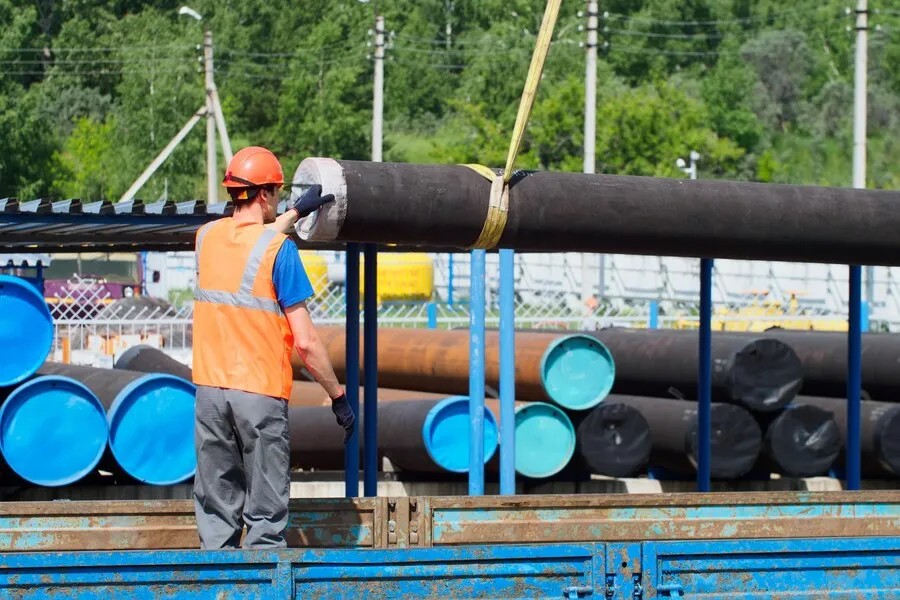Key Takeaways:
- Understanding the crucial criteria for selecting cold storage transport services.
- Recognizing the value of specialized equipment and experienced personnel.
- Evaluating service providers based on their compliance, reliability, and technological capabilities.
- Considering environmental impact and sustainability in cold chain logistics.
The Importance of Cold Storage Transport
Preserving perishable goods during transit is a non-negotiable aspect of the cold chain logistics industry. From food products to pharmaceuticals, cold storage transport services ensure that these sensitive items maintain their integrity, quality, and safety until they reach their destination. This type of specialized logistics helps extend the shelf life of products but also complies with strict regulatory requirements, making selecting a reliable service provider a critical business decision.
Evaluating Equipment and Technology
When selecting a cold storage transport provider, it is imperative to ensure they possess the latest refrigeration equipment and temperature-monitoring technology. Modern vehicles with advanced cooling systems offer better temperature control and energy efficiency. Technology plays a crucial role, with innovations like real-time temperature tracking and telematics providing transparency and the ability to respond to discrepancies during transit proactively.
Assessing Expertise and Experience
Expertise in cold chain logistics cannot be overstated; this nuanced understanding of the complexities involved sets apart the best in the business. A proven track record in handling similar products, trained personnel familiar with the best practices of excellent chain management, and experienced drivers managing refrigerated cargo are all hallmarks of a seasoned service provider. This expertise directly impacts the safety and quality of the delivered goods.
Service Coverage and Reliability
Service coverage is another critical factor. A comprehensive network translates into more efficient routes and could mean a broader market reach for your products. Reliability, in turn, is reflected in consistent on-time deliveries and the ability to handle contingency situations effectively. Checking reviews and references can provide real-world insights into the company’s performance reliability.
Cost Considerations
Cost is always essential in selecting a service provider, but it should be weighed against value. While price-sensitive decisions are economical, they should not compromise the basic elements such as service quality and reliability. It’s critical to consider the total cost implications of the transport service, including potential savings through reduced waste, efficient logistics routes, and volume discounts.
Customization and Scalability
Customization and scalability of services cater to unique business needs and the capacity to grow with you as your business expands. Whether accommodating seasonal fluctuations or handling special product requirements, the chosen service provider should be flexible and responsive to change. This adaptability ensures that, as your business scales, your logistics can seamlessly scale with it.
Customer Support and Communication
Quality customer service is an often overlooked but essential component of the service offering. Support teams should be knowledgeable and responsive, promptly addressing queries or concerns. Clear communication channels, 24/7 availability, and proactive issue resolution are markers of excellent customer support that can significantly impact the smooth execution of the cold chain logistics process.
Read Also: Brochure Blitz: How to Make Your Real Estate Listings Stand Out?
Choosing the Right Partner
Deciding on a cold storage transport service provider requires careful consideration of the factors outlined. Taking the time to vet potential partners based on their expertise, compliance, technology adoption, reliability, scalability, and customer service will stand your business in good stead. Ultimately, the chosen provider should not just be a vendor but a partner who comprehends the critical nature of cold chain logistics and aligns with your business values and goals.





